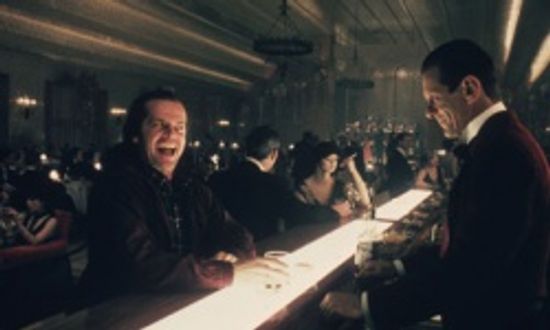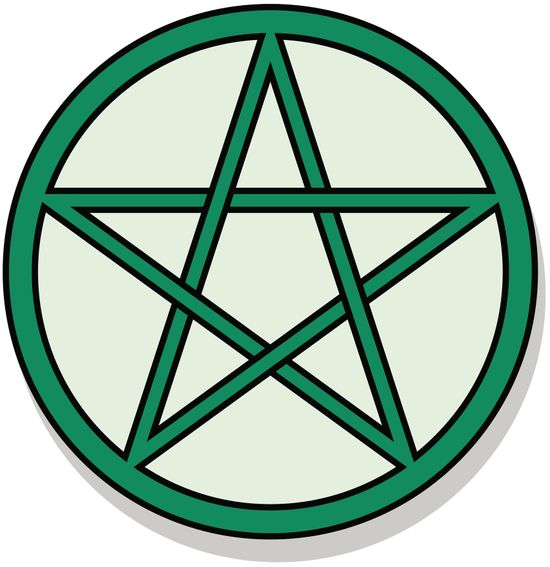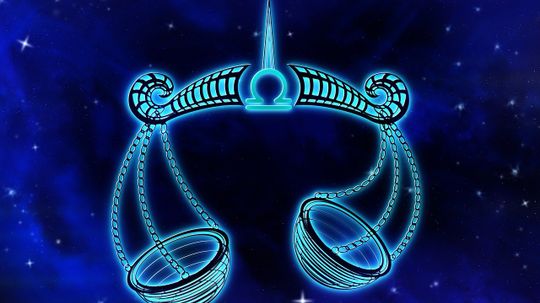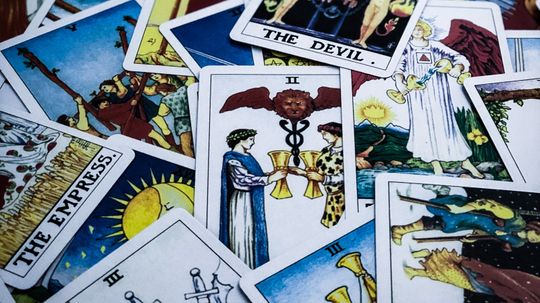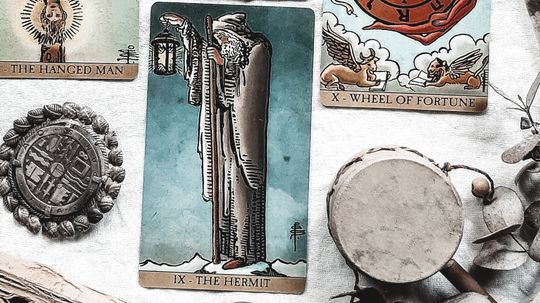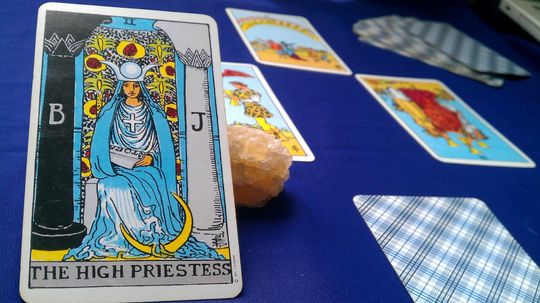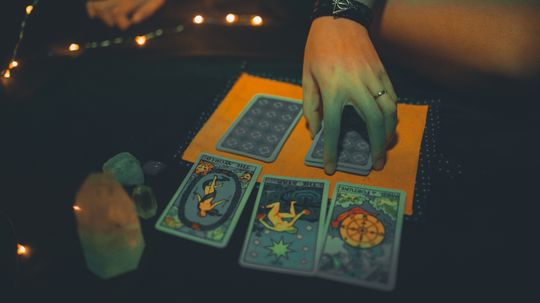Science Versus Myth
Are vampires real? What is an out-of-body experience? Are crop circles proof that aliens exist? HowStuffWorks explores what is real and what is urban legend with this collection of Science Versus Myth articles.
Learn More / Page 11
Stop guessing about your compatibility with a Libra! Get the definitive guide to Libra love, friendship, and relationships. Discover the ultimate compatibility secrets and find your perfect match today.
By HowStuffWorks
Unlock the power of emotional intelligence with the King of Cups! This card reveals hidden insights into your relationships, your intuition, and your ability to connect with others. Discover the secrets to fulfilling connections!"
By HowStuffWorks
Is your love match written in the stars? Explore Virgo compatibility and discover which signs ignite passion and which lead to heartbreak.
By HowStuffWorks
Advertisement
Discover the enlightening 1212 angel number meaning. Explore its profound symbolism and the guidance it offers for your life's path.
By HowStuffWorks
Seeing 666 everywhere? It's a powerful sign of spiritual awakening and transformation. Uncover the hidden meaning and embrace the positive changes it brings.
By HowStuffWorks
Explore the profound 777 angel number meaning. Uncover its spiritual significance and the divine guidance it offers for your life journey.
By HowStuffWorks
What does 4444 mean for your love life, finances, and spiritual journey? Discover the secrets this angel number unlocks and manifest your deepest desires.
By HowStuffWorks
Advertisement
Confused by the 1010 angel number? Many are! We reveal the hidden meaning behind this sequence and provide exclusive insights you won't find anywhere else. Get clarity and direction today.
By HowStuffWorks
Discover the profound symbolism of 999 angel number. Explore its spiritual significance and its impact on your life's journey.
By HowStuffWorks
Keep seeing 11:11? It's more than a coincidence. Discover the shocking message the universe is trying to send you through this powerful angel number.
By HowStuffWorks
Seeing the 555 angel number? Discover its powerful meaning. Uncover the symbolism behind this sign and what it means for transformation, change, and your life path.
By HowStuffWorks
Advertisement
Seeing 111 after a breakup? This is a sign. The universe is telling you something powerful about your love life and future happiness. Are you ready for a new beginning? Discover the hidden message of 111
By HowStuffWorks
Why are you constantly seeing 222? Don't ignore it. This angel number could unlock the secrets to your destiny. Are you about to make a life-changing decision? Find out what 222 means for your journey.
By HowStuffWorks
Thousands have used this simple Yes or No Tarot reading for guidance. What will your card reveal? Get your answer free & discover its hidden message.
By HowStuffWorks
What does 333 really mean? Most explanations only scratch the surface. We reveal the deeper, often overlooked significance of this angel number – and how it impacts your future.
By Jonathan Strickland, Melanie Radzicki McManus & HowStuffWorks
Advertisement
Explore the profound symbolism of The Hermit card. Uncover its meanings of solitude, introspection, and inner wisdom.
By HowStuffWorks
What is the Judgement card REALLY saying about your life path? Find out how this card can guide you towards self-awareness, absolution, and a more fulfilling future. Take the first step now!
By HowStuffWorks
Discover the profound symbolism of The World Card. Explore its Tarot meanings & significance in readings. Unveil insights on completion & fulfillment.
By HowStuffWorks
What does the Celtic Cross Spread reveal about your future? Dive into the art of tarot reading and learn how to harness the power of this insightful spread.
By HowStuffWorks
Advertisement
Confused about your love life? A love tarot spread can provide the clarity you need. Find the perfect layout to answer your burning questions and find your way to happiness.
By HowStuffWorks
he Hermit card: Solitude or isolation? Discover the real message this tarot card holds for your journey. Are you ready to go within.
By HowStuffWorks
Curious about your love life? Explore relationship spreads and uncover the hidden truths of your connections. Discover how tarot can guide your romantic journey.
By HowStuffWorks
Unlock insights with the concise Three-Card Spread. Learn its Tarot uses & interpretations. Discover past, present, future dynamics efficiently.
By HowStuffWorks
Advertisement
Is the Lovers card calling to you? Uncover its meaning in love, relationships, and the choices that shape your destiny.
By HowStuffWorks
What does the Chariot card REALLY mean for you? Find out how this powerful symbol can guide you towards success in love, career, and beyond. Get your personalized interpretation now.
By HowStuffWorks

